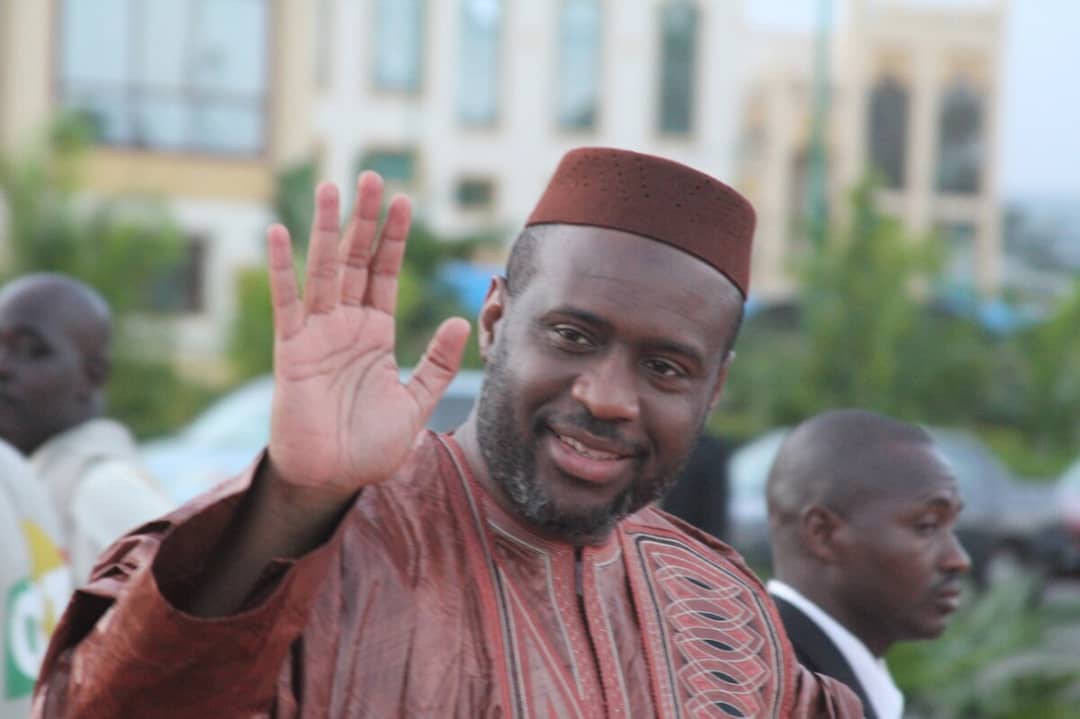
The recent arrest of Moussa Mara, former Prime Minister of Mali, has ignited a fierce debate within political circles and across social media platforms.
Charged with “undermining the credibility of the state,” Mara stands at the centre of a complex legal case that highlights the tension between government authority and freedom of expression.
Moussa Mara, who led the Malian government under President Ibrahim Boubacar Keïta, has been detained since August 1, 2025, following an order by the national cybercrime unit.
His prosecution reflects mounting political and economic pressures in Mali, with his trial scheduled for September 29 amid an atmosphere where the boundaries between political dissent and threats to public order remain sharply contested.
The controversy began with a series of social media posts Mara shared on X (formerly Twitter) in early July. One message, in particular, stirred the authorities: a metaphorical call to “fight by all means” for “the sun to succeed the night.”
While poetic in tone, judicial officials interpreted this as a subversive incitement to political unrest.
Known for his outspoken criticism, Mara openly challenged the government’s handling of the country’s finances. He condemned the recent fundraising efforts, warning that Mali’s public debt risks becoming unsustainable, potentially endangering civil servant salaries in the medium term.
In a July 25 post, Mara sharply criticised a 38.5 billion CFA franc loan obtained from financial markets, highlighting that 75% of the amount must be repaid within a year at high interest rates. He warned that this could trap Mali in a vicious cycle of borrowing to repay existing debts.
This economic alarm raises urgent questions about Mali’s fiscal limits. Mara advocates for regional consultations with WAEMU members and dialogue with international donors to prevent a looming solvency crisis.
The government defends Mara’s arrest as necessary to uphold state authority against destabilising rhetoric. Yet many observers see the case as a troubling indicator of shrinking political freedoms in Mali’s fragile post-coup transition.
Moussa Mara’s predicament embodies the standoff between a vocal opposition figure and a regime prioritising stability and legitimacy. As the trial approaches, his supporters denounce the charges as politically motivated, while opponents accuse him of undermining the state’s cohesion.



